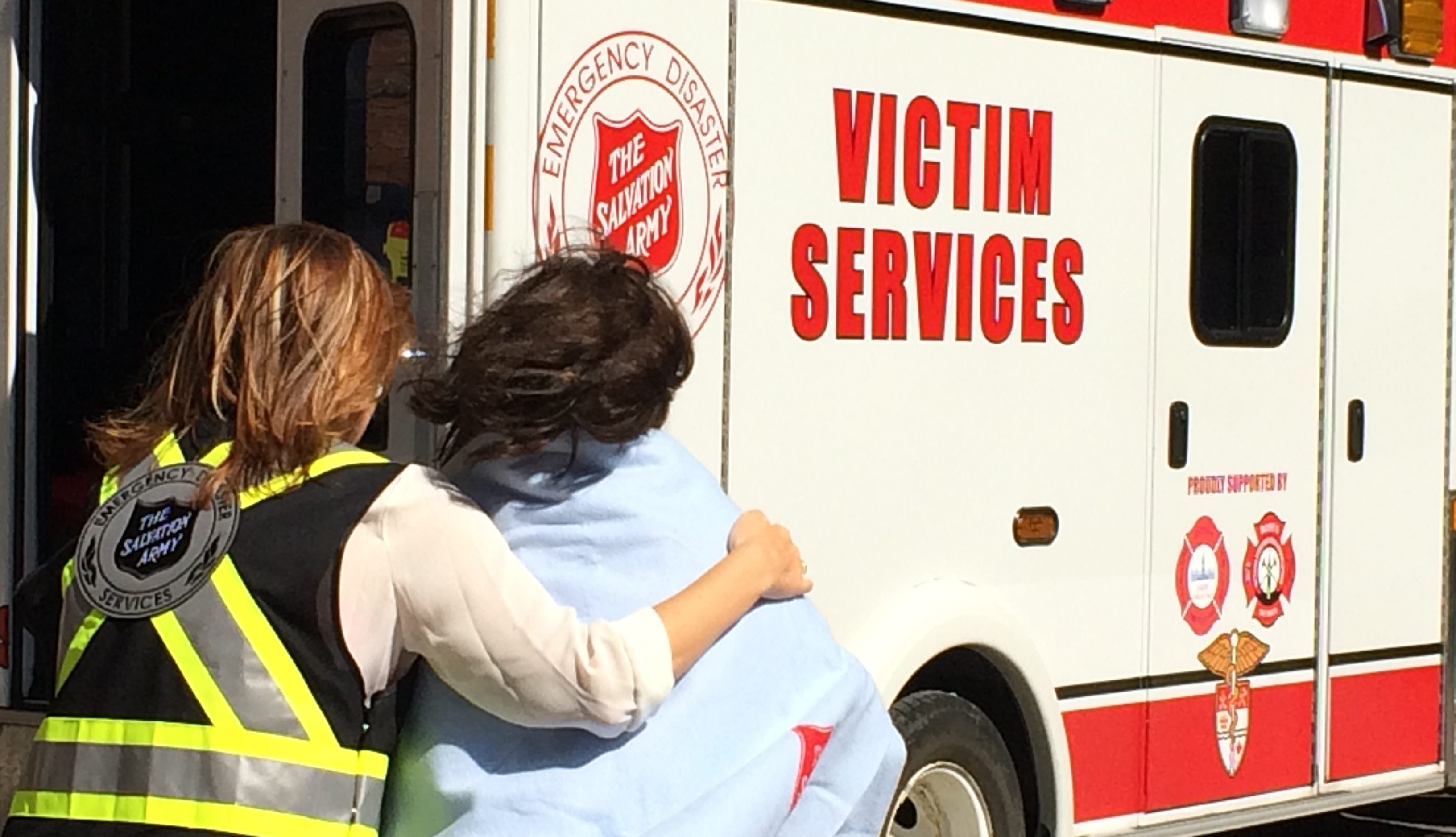Will You Be Ready When Disaster Strikes?

By: June Li
The Canadian Disaster Database reports that since 1900 more than 1,000 natural, technological, and conflict events have directly affected Canadians. Disasters vary in size and whether it is a forest fire or a house fire, the damage can be significant causing injuries, displacement, homelessness and even fatalities.
“Devastating weather events are happening more often,” says Jeffrey Robertson, Divisional Director of Emergency Disaster Services, “Floods, fires, and ice storms are no longer uncommon.” The Ontario Ice Storm in 2013 left nearly 500,000 people across southern Ontario without power and in that same year, Toronto experienced 126 mm of rain causing significant flooding and damage. Most recently, Ontario experienced a destructive windstorm leaving hundreds of thousands of people without power.
Disasters can happen in an instant. Though they may be unpredictable, we can take the steps to be ‘emergency ready’ such as having a plan and an emergency kit. “Essential items like water, food, flashlights and batteries are needed in a kit. A crank radio is a bonus,” explains Robertson, “Blankets during the winter are a must and don’t forget to think of items your pet may need.”
Here are three simple steps to be emergency ready:
1) Know the risks and develop a plan
The first step is to identify the risks that you are exposed. For example, for locations prone to earthquakes or tornadoes, it will be best to identify the best places to seek cover. In the event of an evacuation, plan for your method of transportation and have a plan for your pets as well.
2) Build a kit
Prepare an emergency kit with essentials like food, hydration (enough for 72 hours) and flashlights. We recommend non-perishable food items such as canned fruits and vegetables. Don’t forget to store the kit in a safe place!
3) Join our team!
Be part of our Emergency Disaster Services team and help educate and prepare other families in your community (and yourself) on how to prepare for a disaster.
The Salvation Army has responded to emergencies for over 100 years with practical support to survivors and first responders. On Emergency Preparedness Week, we encourage everyone to take the steps to better prepare and protect themselves and their loved ones before, during and after emergencies.
For more information on how to prepare you and your family for a disaster, please visit the Government of Canada’s Get Prepare site here.
